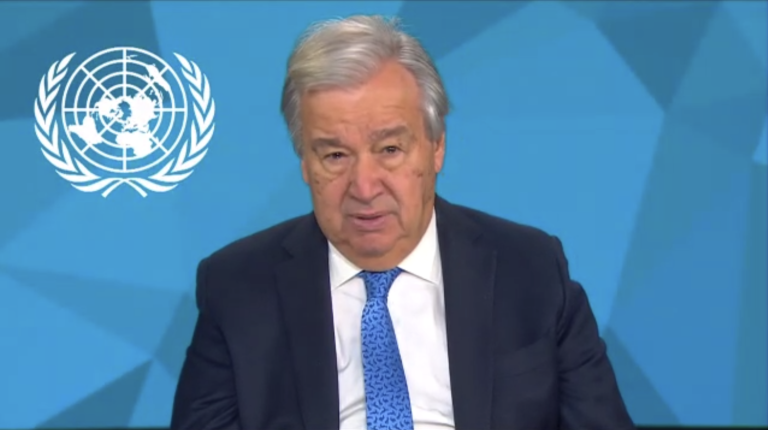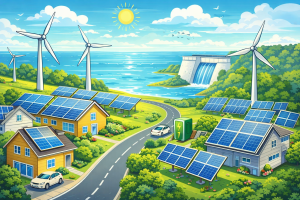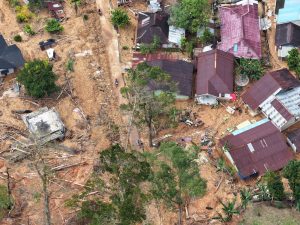Jakarta – United Nations (UN) Secretary-General Antonio Guterres has issued a stern warning regarding the prospects of achieving global climate targets. According to him, global uncertainty caused by geopolitical conflicts, trade competition, and the pandemic crisis puts the 2035 climate targets at risk of failure.
“We are hurtling towards pushing global temperatures 1.5 degrees Celsius above pre-industrial levels, with devastating consequences,” Guterres said on International Day for the Preservation of the Ozone Layer, Tuesday, September 16.
One of the leading causes of the delay is the slowness of major emitting countries to update their climate commitments, known as Nationally Determined Contributions (NDCs). The targets, which should have been announced several months ago, are still pending.
“And I also urge them to reflect this commitment in their new national climate plans, or NDCs. These must be aligned with limiting global temperature rise to 1.5 degrees Celsius and cover all sectors and greenhouse gases, including HFCs,” Guterres said.
COP30 is a decisive moment
This warning comes less than two months before the COP30 Climate Summit in Brazil. However, dozens of countries have yet to submit their latest climate plans, including China and the European Union, whose roles are considered crucial in global climate diplomacy.
To refocus international attention on climate change issues, the UN will hold Climate Week in New York, led by Guterres himself alongside Brazilian President Luiz Inacio Lula da Silva. The meeting is expected to revive collective enthusiasm ahead of COP30.
The Intergovernmental Panel on Climate Change (IPCC) estimates a 50:50 chance that the global average temperature will increase by 1.5 degrees Celsius between 2030 and 2035. If we fail to curb global warming, the world will face severe consequences, including extreme heatwaves, damage to marine ecosystems, and a surge in climate-related disasters.
Limiting warming to 1.5 degrees, according to the IPCC, is much safer than limiting it to 2 degrees. Even a fraction of a degree increase could worsen the impacts already being felt by communities around the world.
The hottest year on record
The UN also noted that 2024 was the hottest year on record. This condition reinforces the urgency of accelerating global climate action.
“It’s not a matter to panic. It’s a matter to be determined, to put all pressure for countries,” Guterres told AFP, as quoted by Phys.org.
He said that countries should take bold steps because if they don’t, the world will face consequences worse than we can imagine. (Hartatik)
Banner photo: UN Secretary-General António Guterres at the launch of the UNEP Adaptation Gap Report 2024. Screenshot/UNEP webcast














